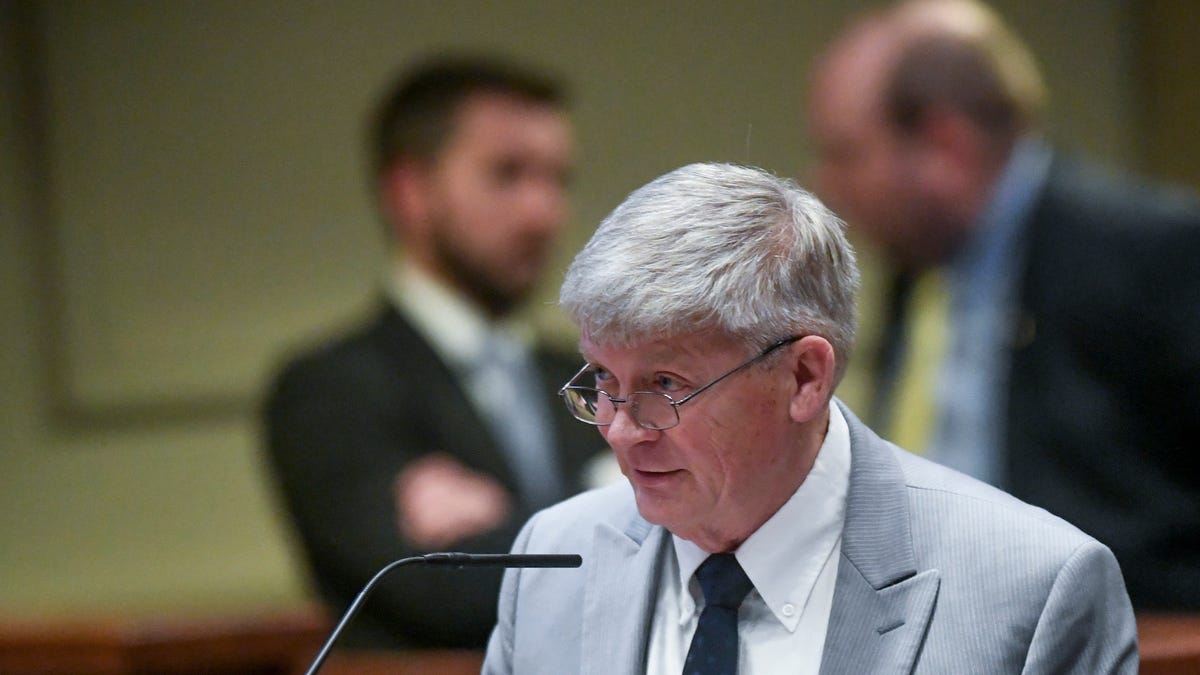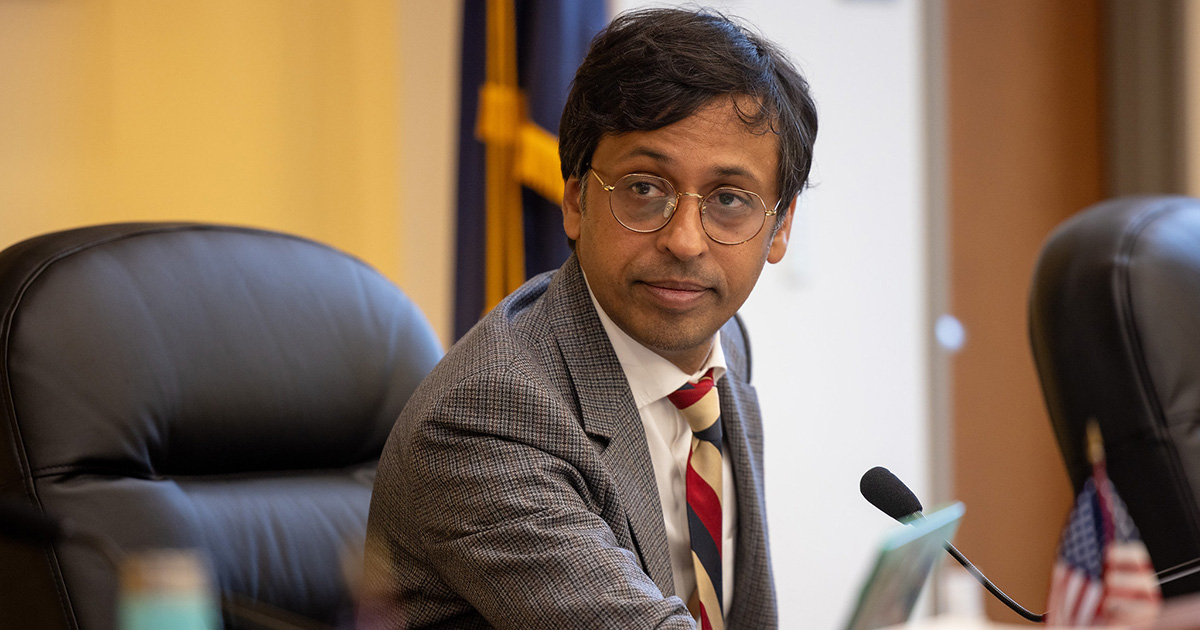Four bills, a political flyer, a request for a charity and a magazine.
That’s what came in the mail yesterday, which is about average. If you get a letter, man, that’s unusual because almost nobody does that anymore. Imagine spending all that time writing, then waiting 10 days to hear back from friends and family. Imagine, as in the new book âAre You Prepared for the Storm of Love Making?â by Dorothy Hoobler and Thomas Hoobler, romance in an envelope.
Your phone is never too far away.
It’s literally your line to your loved ones, a place to catch up, pick up or follow up on what’s happening, whether by call or text. For most of our country’s history, though, the only means of communication was through written letters â and that includes private, unofficial presidential notes written to actual or potential first ladies.
âThis,â say the authors, âis a book of love stories.â
While John Adams was away from Abigail Smith, they obsessively wrote letters to one another, some 1,100 of them, expressing their longing. Not to be outdone, James Garfield and Lucretia together wrote more than 1,200 letters.
Martha Washington tried to burn everything George ever sent her. Thomas Jefferson did the same with his letters.
Grover Cleveland fretted about life after the White House, praising his wife Frances’ idea of raising chickens for income. Teddy Roosevelt worried about not making his fiance, Alice, happy enough. Woodrow Wilson seduced his first wife through the mail. Louisa and John Quincy Adams argued through letters, and Lyndon Johnson ordered his Lady Bird to tell him she loved him with âa continuous flow of letters.â Abraham Lincoln missed his sons through the mail. Without Elizabeth Johnson’s tutoring, Andrew Johnson wouldn’t have been able to send her letters at all: She taught him to read and write. Franklin Roosevelt kept Eleanor apprised of his many health matters. And the most poignant love letter Thomas Jefferson ever wrote still exists on his wife Martha’s tombstone.
Admit it: It’s almost impossible not to read notes and letters you find in random places. They’re permissibly voyeuristic, also magnetic, and some are delightful. Others are weird, pragmatic or really kind of boring. You’ll get a taste of this and more inside âAre You Prepared for the Storm of Love Making?â
Acting as guides dropping little breadcrumbs of trivia along the journey, authors Dorothy Hoobler and Thomas Hoobler frame dozens of presidential letters with historical references before they share them, which gives readers a sense of why each president was thinking what he was thinking. These men presented a public front, but your suspicions will be confirmed on both the awkward and the amorous, as Dorothy Hoobler and Thomas Hoobler reveal a few surprises. Woodrow Wilson, Richard Nixon â you’ll never think of them the same. Lincoln, Obama, LBJ? Yep, them too.
For the romance reader who also likes history or the history lover who wants a hint of spice, here’s your book. Read âAre You Prepared For the Storm of Love Making?â You’ll love every letter of it.




























)
